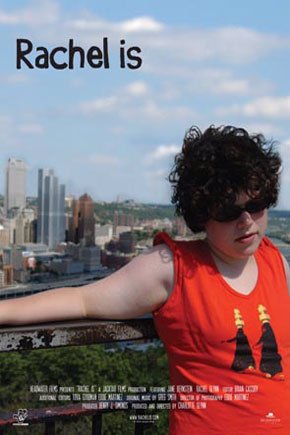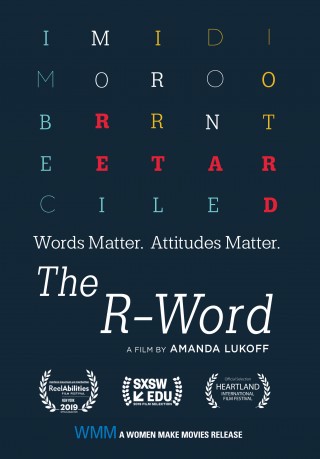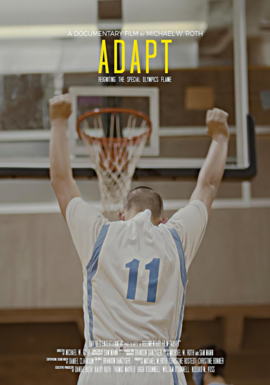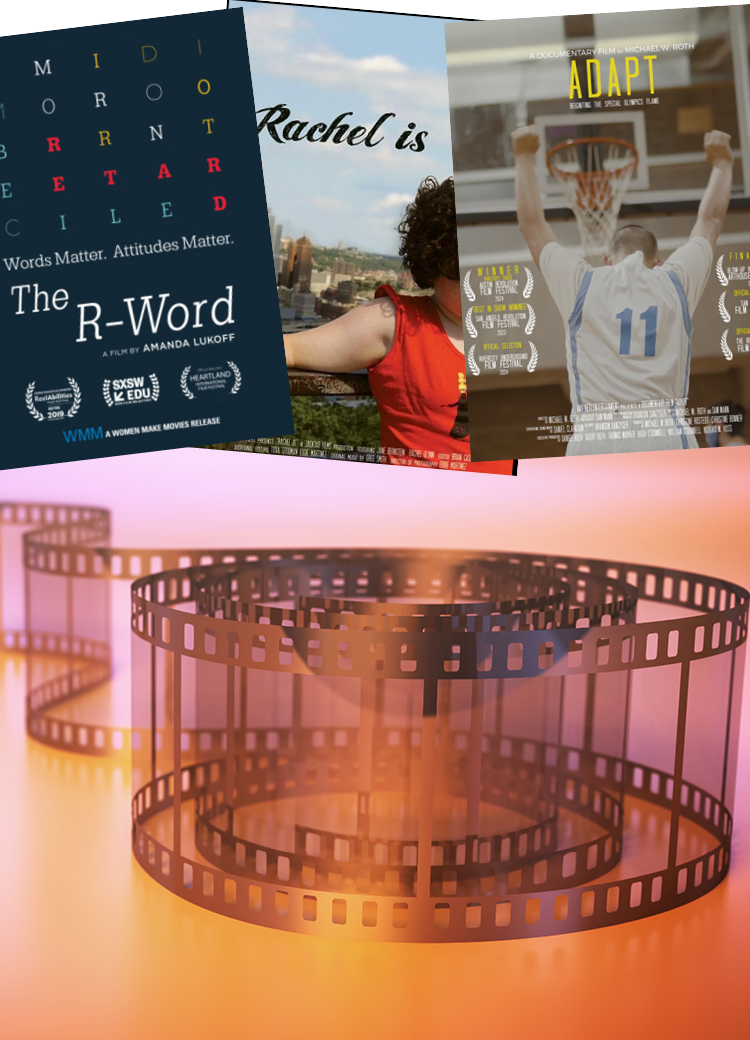Reel World: Disability visibility
You are about to meet an engaging group of kids who, spoiler alert, are just kids doing what kids do – going to school, playing sports and becoming independent. These kids also live with various intellectual and developmental disabilities, and are fortunate to have a dedicated group of parents, siblings, coaches and teachers advocating for them. These documentaries shine a light on these allies fighting hard to give each unique child the best life possible.
 The clock is ticking. In just a few short months, Rachel, a young woman with developmental disabilities, will leave school. Jane, Rachel’s mother, desperately wants Rachel’s living arrangements nailed down before she graduates. After many challenging years of raising Rachel by herself, Jane is more than ready for her to leave the nest.
The clock is ticking. In just a few short months, Rachel, a young woman with developmental disabilities, will leave school. Jane, Rachel’s mother, desperately wants Rachel’s living arrangements nailed down before she graduates. After many challenging years of raising Rachel by herself, Jane is more than ready for her to leave the nest.
Rachel is also more than ready to leave. Unfortunately, as the documentary begins, the only option available for Rachel is lifesharing, where she would live with another family. Jane feels strongly that the best option for Rachel would be in a residential group home with peers of her own. As she advocates for Rachel with social workers and counselors, Jane becomes increasingly worried an appropriate living arrangement won’t be found.
Produced and directed by her sister Charlotte Glynn, Rachel Is is a loving, warts-and-all portrait of her sister. Through poignant voiceovers and telling scenes, Charlotte reflects on life with Rachel. Rachel is difficult. Rachel is exuberant. Rachel is argumentative. Rachel is loving. Rachel is all these things but most of all, Rachel is a person who deserves to be in a place where she can live her very best life.
 The R-word is everywhere: on social media, in movies and television shows, in rap songs and comedy sketches, in everyday conversations. The once clinical term for intellectual disability is now synonymous with anything stupid or unappealing. The word is stigmatizing, derogatory and hurtful to those with disabilities and the people who love them, yet how can a word so ubiquitous be dropped?
The R-word is everywhere: on social media, in movies and television shows, in rap songs and comedy sketches, in everyday conversations. The once clinical term for intellectual disability is now synonymous with anything stupid or unappealing. The word is stigmatizing, derogatory and hurtful to those with disabilities and the people who love them, yet how can a word so ubiquitous be dropped?
One way is to show people that individuals with intellectual disabilities are just that, people. In The R-Word, viewers meet three families each with a family member who is intellectually disabled. Rosa attends regular school and dreams of college. Cayden has cerebral palsy and is frustrated by communication challenges, yet he and his brother Connor participate in triathlons. Jason at 25 has a girlfriend, a job and enjoys helping his big sister with the PALS program, an inclusive camp for people with Down syndrome.
“What you call a people is how you treat people,” Nick, Rosa’s older brother, earnestly explains to a group of legislators, as he and his family advocate to have the term “mental retardation” replaced with “intellectual disability.” The R-Word does a remarkable job showing people living with disabilities deserve support and not derision in the words we use.
 The excitement builds and so do the nerves as the MacArthur High School Special Olympics basketball team enters the gym. As the drumline plays, cheerleaders whoop and proud parents cheer from the stands as the athletes start the game. Win or lose these athletes with intellectual and developmental disabilities are demonstrating the Special Olympics athlete’s oath “to be brave in the attempt.”
The excitement builds and so do the nerves as the MacArthur High School Special Olympics basketball team enters the gym. As the drumline plays, cheerleaders whoop and proud parents cheer from the stands as the athletes start the game. Win or lose these athletes with intellectual and developmental disabilities are demonstrating the Special Olympics athlete’s oath “to be brave in the attempt.”
This exuberant scene could only have come about because of the hard work, advocacy and support of parents, teachers and coaches in one Texas school district. The adaptive Physical Education and Special Olympics program at North East Independent School District in San Antonio, Texas, focuses on giving kids the best possible experience.
The documentary Adapt shows the highs and lows of the 2021-2022 school year. Not only do the staff adapt to differing needs, skill levels and cognitive abilities, but COVID restrictions also bring special challenges. Change and adaptation can be difficult, but the dedicated parents and staff are able to give the kids a supportive and fun school.
















